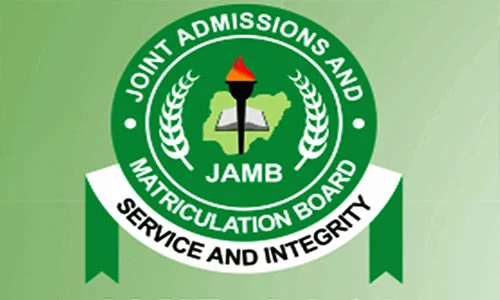The Joint Admissions and Matriculation Board has fixed Friday, July 18, 2024, for the Policy Meeting to deliberate on admissions cut-off marks into tertiary institutions.
The meeting which is expected to set minimum cut-off marks for 2024/2025 admissions, would be chaired by the Minister of Education, Prof. Tahir Mamman.
This was disclosed in the Board’s weekly bulletin and made available to newsmen on Monday in Abuja.
JAMB listed critical stakeholders expected at the meeting to include heads of regulatory agencies, such as the National Universities Commission and National Board for Technical Education (NBTE).

Others are National Council for Colleges of Education (NCCE), heads of tertiary institutions in the country, the National Youth Service Corps (NYSC), among others.
“During the exercise, the Registrar will present reports on the just-concluded Unified Tertiary Matriculation Examination and the ongoing Direct Entry (DE) applications.
Also Read:
- How I survived in kidnappers’ den – General Tsiga
- ICPC unveils five thematic areas to combat corruption, enhance fiscal transparency in LGs
- Senate will consider tax reform bills after resumption, Bamidele reveals
- Natasha: Constituents thank INEC for recognising 208,132 signatures
- Umahi apologises for Independence Bridge closure, vows disciplinary action
“The registrar will also analyse key performance indicators that could shape the policy directions of the government in the area of admission.
“Also, the meeting would apprise stakeholders of the salient issues that cropped up in the course of the previous year’s admission exercise.
“In addition, the policy meeting will look at the performance of candidates in the current year’s UTME in order to determine the year’s minimum admissible score,” it said.
Recall that stakeholders had in the previous year agreed on the minimum admission requirement for admission into universities, polytechnics and colleges of education.
The meeting would determine the year’s admission requirements while kick-starting the admission process for the current year.
It would also discuss unresolved issues emanating from the previous academic year; and also appraise the compliance of stakeholders with extant advisories and suggest further amendments where necessary.


